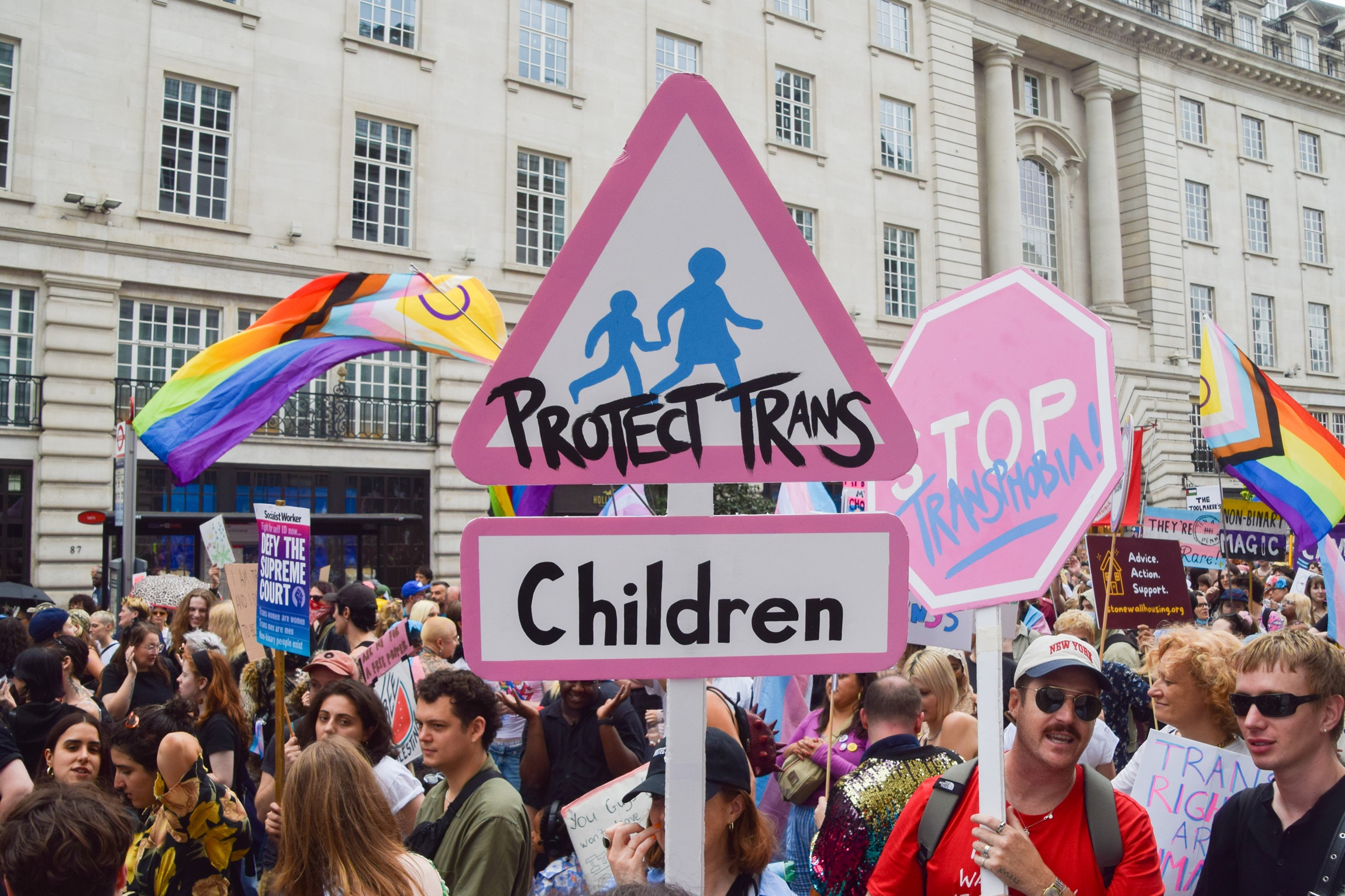Copyright truthout

New proposed federal rules from the Trump administration aim to make it nearly impossible for transgender youth to receive gender-affirming care in the United States. One proposed rule within the Department of Health and Human Services (HHS) would prohibit any medical organization that promotes or provides such care from receiving federal Medicaid funding. It would also forbid the reimbursement of funds through the Children’s Health Insurance Program (CHIP) if gender-affirming care was provided to patients under the age of 19. A second proposed rule would forbid any Medicaid and Medicare funding from going to hospitals that provide gender-affirming care for trans youth. The rules have not been officially published yet — an anonymous source within the department shared them with NPR, which reported on them Thursday. The administration is planning on publishing the proposals in November. This would be followed by a public comment period, before a final approval months later. Gender-affirming care for trans youth is banned in 27 states. However, if these rules were implemented, it would undoubtedly make it next to impossible to obtain such treatment across the entirety of the country, as the vast majority of health care organizations rely on Medicaid and Medicare funding. “These rules would be a significant escalation in the Trump administration’s attack on access to transgender health care,” Katie Keith, director of the Center for Health Policy and the Law at Georgetown University, told NPR. Other critics noted that this type of rule should concern everyone, as it could create a “slippery slope” situation where other groups of people could face restrictions on their health care in the future, based solely on their identities. “I shudder to think what this administration would do with such a tool in their hands,” said Katie Eyer, a Rutgers University law professor. A separate rule targeting transgender youth within the Department of Education was also finalized on Thursday. That rule seeks to ban nonprofit organizations that support transgender youth from accessing the Public Service Loan Forgiveness (PSLF) program, which allows those groups to seek financial aid and relief on their employees’ behalf. According to the text of the rule, employees who work for organizations that promote a so-called “substantial illegal purpose” would be barred from having their loans forgiven. Among the list of “illegal purposes” included in the new rule is “chemical castration” for youth — a term whose definition in the document is so broad that it includes the prescription of puberty blockers and hormone medication, which are both safe and common methods of treatment for transgender youth seeking gender-affirming care. The new Education Department rule would not be implemented until July. At least one organization, Student Defense, is planning on suing the administration over the new standards, stating that the White House is “punishing public servants for their employers’ perceived political views.” Far from being dangerous, as the administration has suggested on myriad occasions, gender-affirming care is both safe and beneficial, with several different treatment options depending on patients’ needs. Rarely do transgender youth receive surgery of any kind, and when it does happen, it’s reserved for older teens who have undergone years of therapy and discussion with a team of physicians. Several studies demonstrate how helpful gender-affirming care can be. A review of 55 studies conducted by Cornell University found that, in 51 of them, gender-affirming care improved “the overall well-being of transgender people.” The remaining four studies found “mixed or null findings.” “We found no studies concluding that gender transition causes overall harm,” the Cornell examination paper stated. A 2022 University of Washington study of gender-affirming care, focusing on hormone treatments and puberty blockers, examined more than 100 trans youth over the course of a year, concluding that those who received such treatments had 60 percent lower odds of depression and 73 percent lower odds of self-harm or having suicidal thoughts. “Our study adds to a robust evidence base that access to gender-affirming care is critical for ensuring the well-being of transgender and nonbinary young people,” then-PhD candidate Diana Tordoff said.



